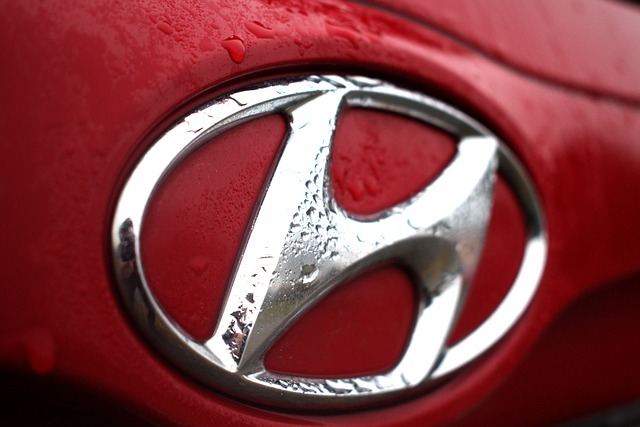South Korean automotive giant Hyundai has unveiled a new innovation which would allow users to customize primary functions using a smartphone application.
The ‘smartphone-electric vehicle pairing based performance adjustment technology,’ will enable drivers to adjust seven performance features – the maximum torque output of the motor, ignition, acceleration and deceleration abilities, regenerative braking capacity, maximum speed limit, responsiveness, and energy use on climate control.
“The application provides optimized settings for a designated destination by analyzing the remaining distance and electric energy requirement. It can also accommodate sportier driving by recommending tailored performance settings,” Hyundai explained.
While users can apply recommended settings by Hyundai, they can also share their customization settings online as well as try out other users’ custom settings.
Hyundai said that the system will use blockchain technology to ensure security while users upload and share their custom settings on the server. During the process of uploading and sharing custom settings, the system will encrypt major performance parameters in a blockchain network by creating new data blocks and store them in the distributed data storage system to block unauthorized manipulation.
The company explained that zero-emission vehicles offer this freedom to modify the drive experience s altering performance doesn’t change the carbon footprint.
“As Hyundai Motor Group is planning to deploy 44 eco-friendly models by year 2025, including 23 electric vehicles, we see the potential of technologies and services inherent in non-combustion vehicles,” said research fellow JeongSoo Eo from Hyundai Motor Group. “By developing paradigm-shifting mobility technology like this one, we will continue to strive to improve user experience for electric vehicles customized to individual preferences.”
The technology is expected to be implemented in future Hyundai and Kia vehicles, the release said.







